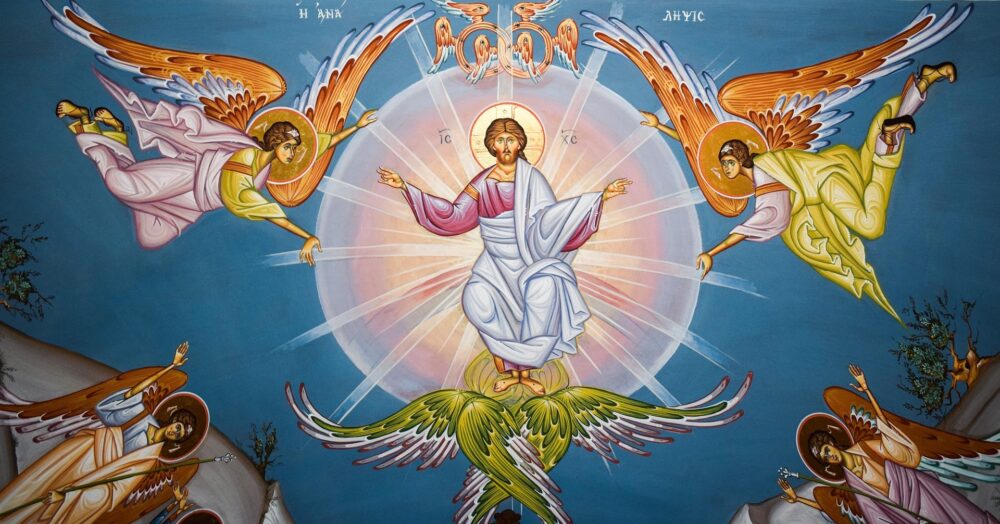One of the best reflections on the importance of Christian funerals and the theology behind them that I have read, and quite appropriate for Eastertide!

[What] it not often realised is that the Christian tradition of honouring the bodies of the dead was strongly countercultural when it first began back in the days of the Early Church. As the American theologian Thomas Long comments in his book on Christian funerals, Accompany them with singing, drawing on the earlier work of Margaret Miles, one of the most bizarre forms of early Christian activity in the eyes of their Roman neighbours was:
‘… the Christian practice of burying the dead – not just their own dead, but the poor as well. In Roman society, the bodies of poor people, if left unattended, were dumped in a common pit, a paupers’ grave. Respectable Romans were horrified by the inhumanity of this, and some of them even formed burial societies to ensure that no person would go without a proper burial. However, despite the lofty rhetoric of these charitable organisations, nobody actually wanted to do the dirty work of burial, of handling a dead body – except the Christians. Not only did they volunteer to bury the dead, Miles says, they ‘insisted on gathering the bones of those who have been executed full refusal to renounce the Christian sect. They put these bones in a place of honour and described them as capable or possessing the sanctity of the living holy person.’ Educated secular Romans were convinced that all of this concern among Christians for bodies could only be the product of ignorance. One well-placed Roman, Miles reports, speculated that the Christians who were willing to bury the dead as an act of service were surely ‘fleeing from the light,’ in short, ignoring the enlightened wisdom but only minds and souls were spiritual more bodies were corrupt ‘bags of dung’ and worth nothing except to be despised. In other words. Christian attitudes toward the body were as counter cultural in antiquity as they are today, if not more so.’
If we ask why the early Christians adopted this countercultural attitude to the bodies of the dead and the practices that went with it, the answer is, Long says, that they based it on ‘their theology of creation and their experience of Jesus Christ.’ Their theology of creation told them that God had created human bodies and that like everything else created by God they were ‘very good’ (Genesis 1:31). Their experience of Jesus Christ told them that the bodies of the Christian dead have eternal value because, like the body of Jesus, they will one day be raised to share life with God forever.
To put it another way, Christians have seen, and continue to see the embodiment of human beings as a gift from God that should be celebrated not only during life, but also at the point of death. As Long argues, this means that a Christian funeral is, or should be, a piece of liturgical drama that has certain specific characteristics that link the funeral service to baptism:

You must be logged in to post a comment.